
Helping Men and Boys Navigate These Changing Times
A conversation with Tyler Schueffner, LPC-IT, about his uniquely varied approach to working with men and boys, especially those from working-class and marginalized communities.

Reawakening Our Responses to Overcome Habituation
Are current events making you feel numb? Habituation is when we have diminished responses to repeated stimulation. It can be overcome. Learn how to “dishabituate” and “resparkle.”

Motherless Sons: The Impact of Loss
How early mother loss shapes a boy’s identity, grief, and emotional connections

Feeling Lost? Try Reading a Poem
Research shows poems not only offer insight but also a healing balm for stress.
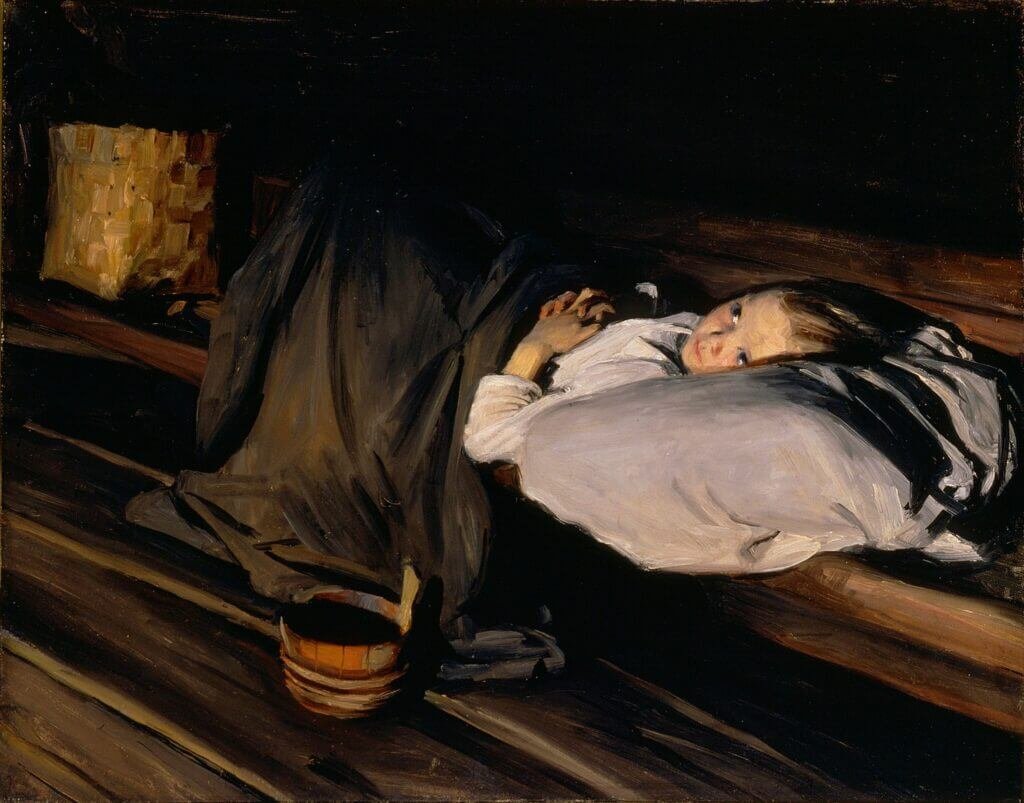
The Orphan Within: Understanding Why We Feel We Don’t Belong
Why do we sometimes feel alone in the world, bereft of parents? The concept of the "orphan within" may help explain that.

Using Fairy Tales to Find Hidden Parts of Yourself
Fairy tales have enchanted us for centuries, but they can also be useful in clinical practice and for self-discovery.

Perfectionism: Recalibrating the Longing to be Perfect
Is perfectionism always problematic? Does it make a difference whether the drive for perfection is self-directed, other-oriented, or socially driven?
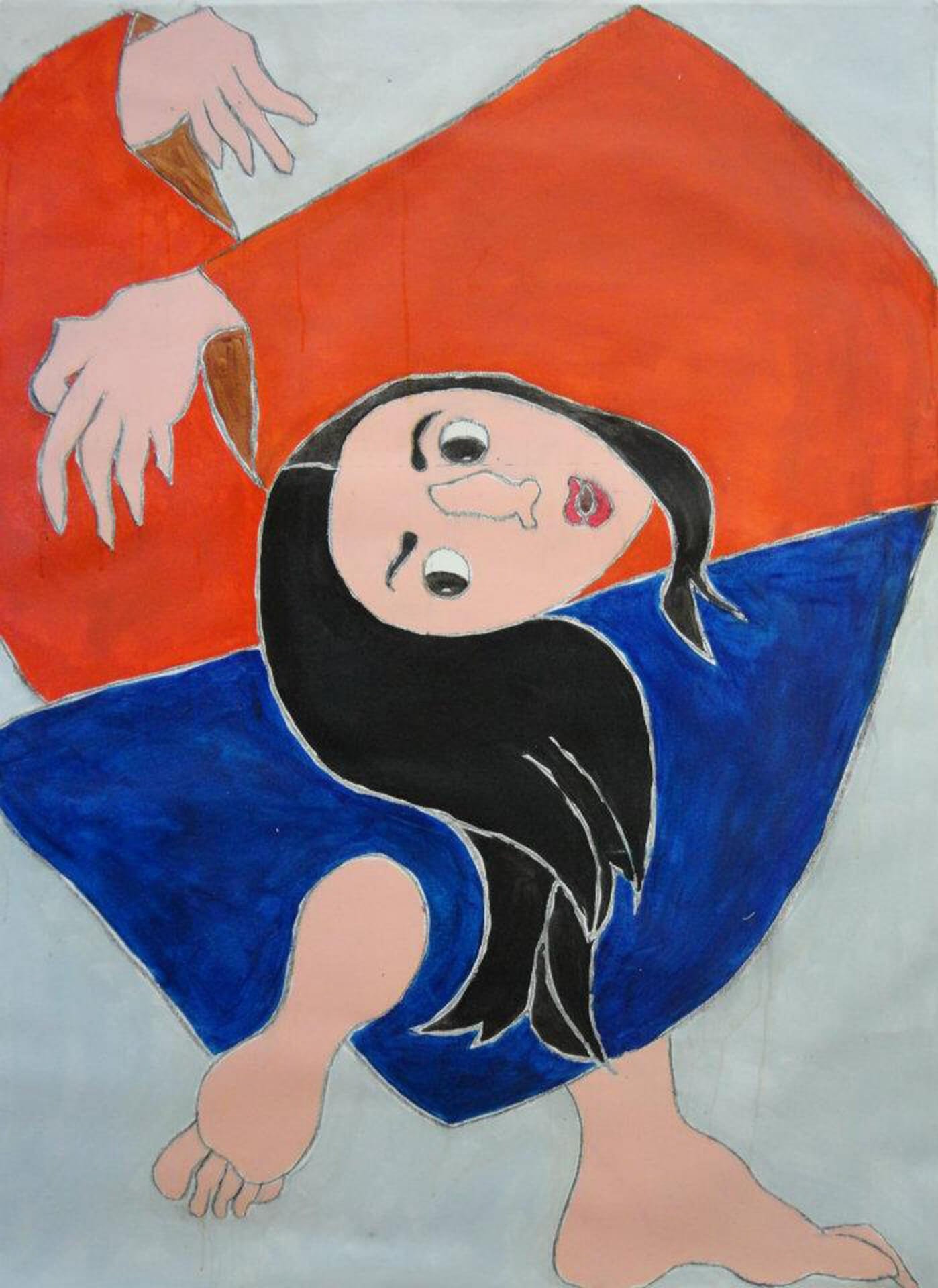
Teen Mental Health: What’s a Parent to Do?
With an emphasis on "teenage flourishing," research psychologist Matt Hirshberg shares some results of his studies on innovative techniques to improve teenage mental health.

What You Need to Know about Personal and Group Forgiveness
An interview with research psychologist Matt Hirshberg about interpersonal forgiveness and how we might apply what we know about it to group forgiveness.

The Changing Faces of Fatherhood in the Twenty-First Century
As societal attitudes toward marriage, single parenting, masculinity, gender, and caregiving change, the roles fathers play in a child's development are changing, too.
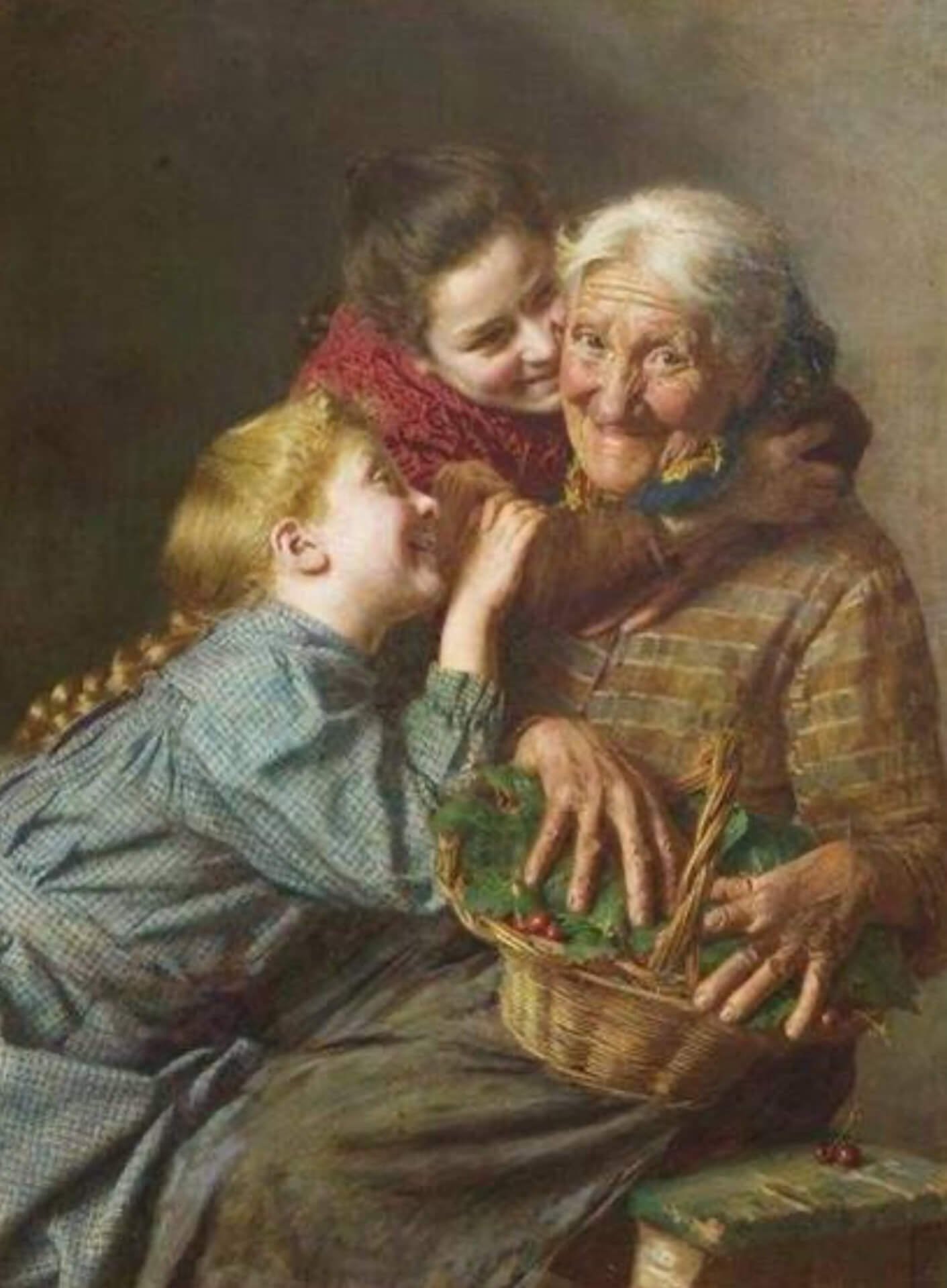
A World Without Grandmothers: What Would We Lose?
In our collective experience, grandmothers provide wisdom, comfort, and support. What impact will declining fertility rates have on the role and appreciation of grandmothers?
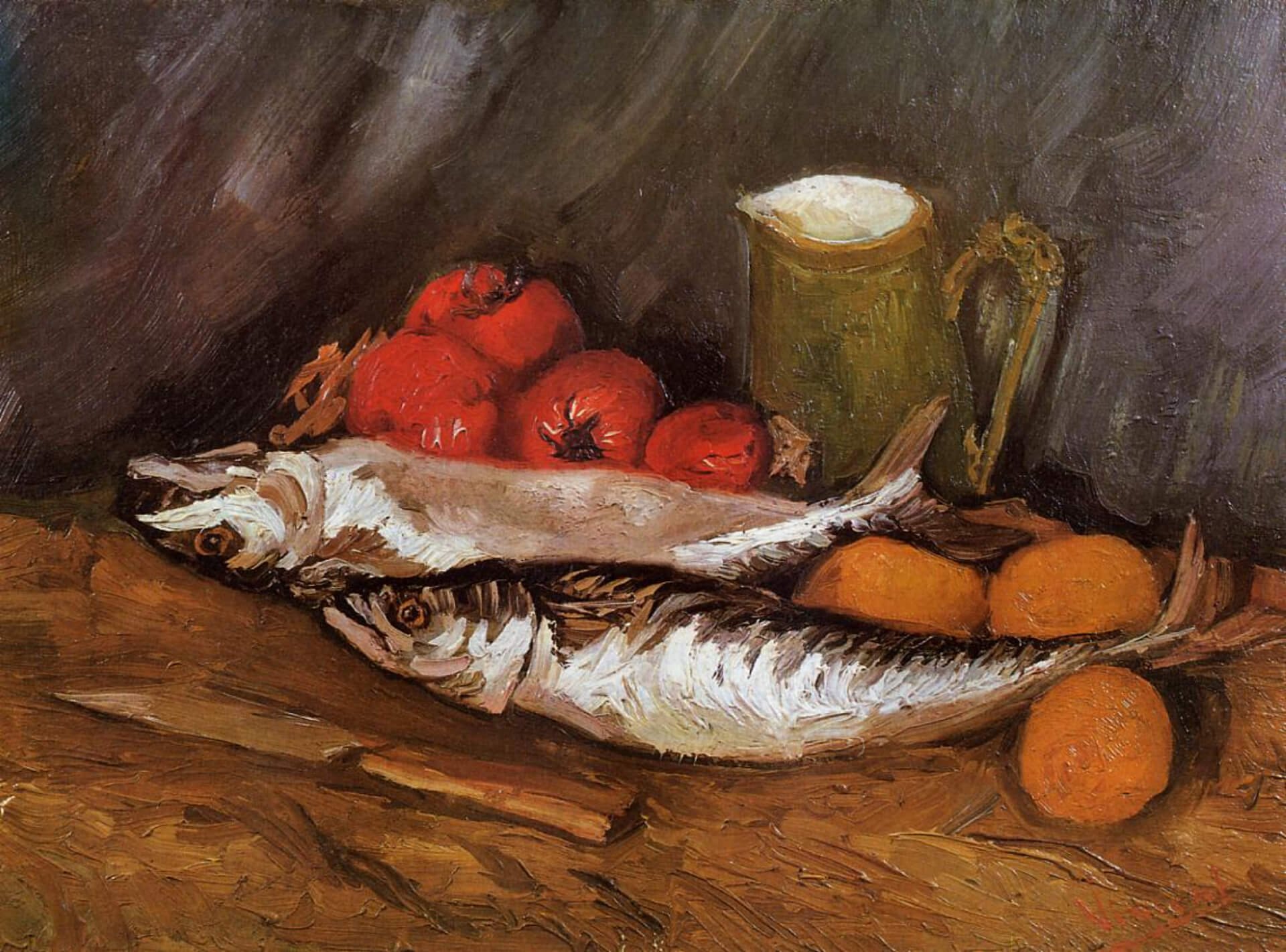
Are We Hard-wired for Poetry?
What neuroscience research—and poets and educators—are saying about the benefits of reading poetry: get more poetry into your life.
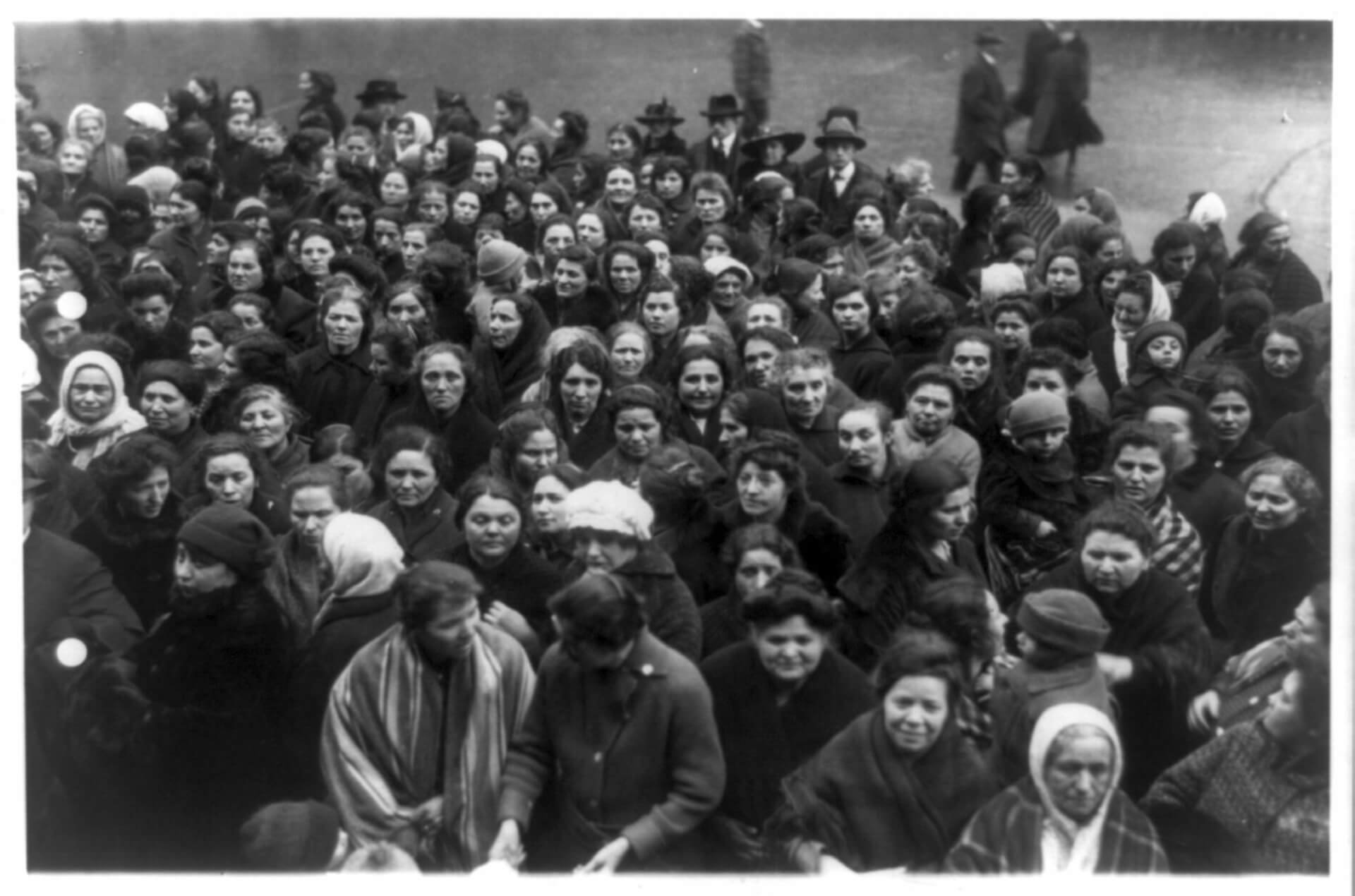
Reframing How We Think about Women and Courage
What is courage? Is courage defined differently for men and women? Is courage socially conditioned, innate, or some mixture of nature and nurture? Can courage be learned?
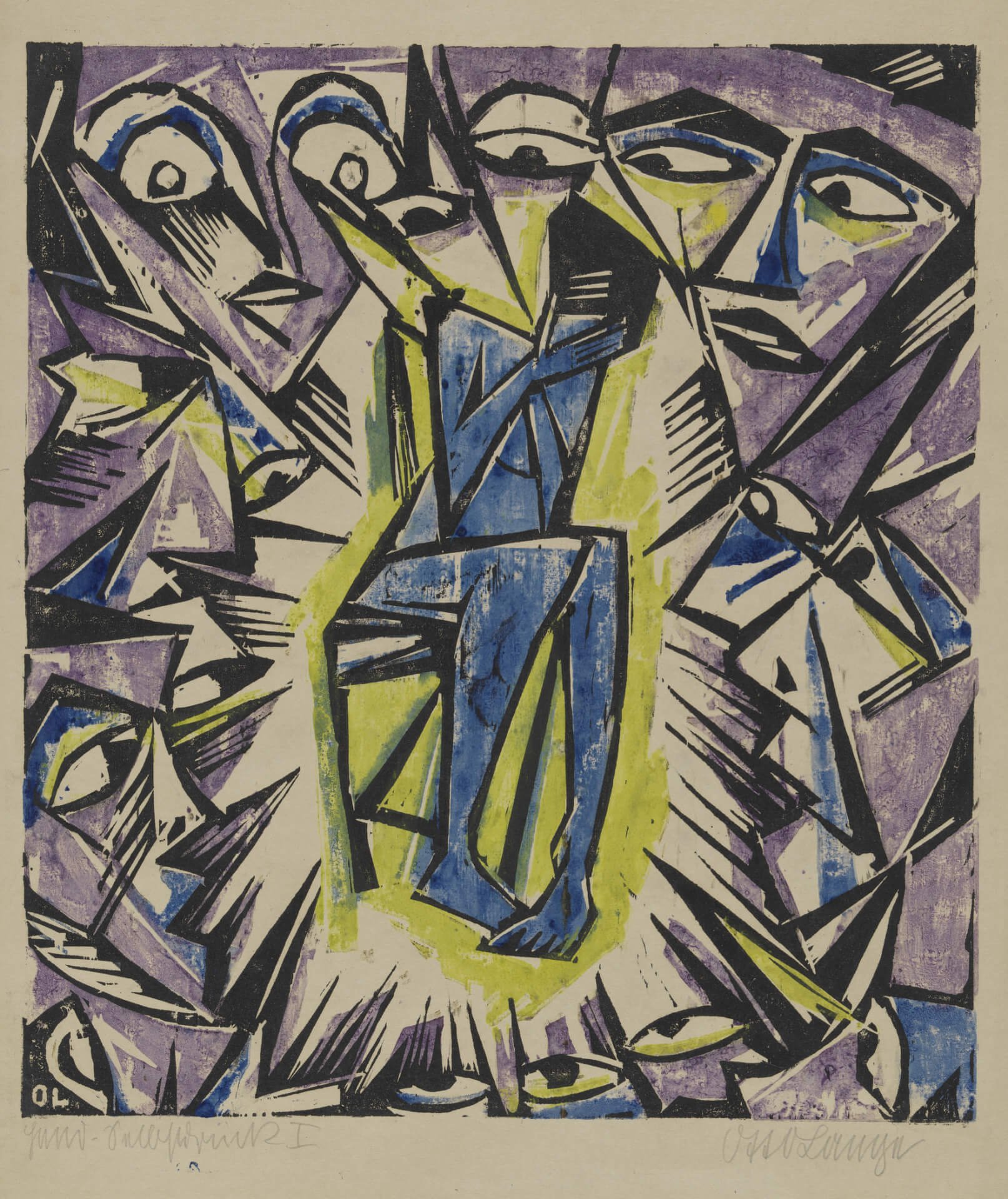
Why Trauma Affects Some People Differently Than Others
An interview with neuroscientist Daniela Schiller about the mechanisms underlying trauma and how trauma experiences can differ.
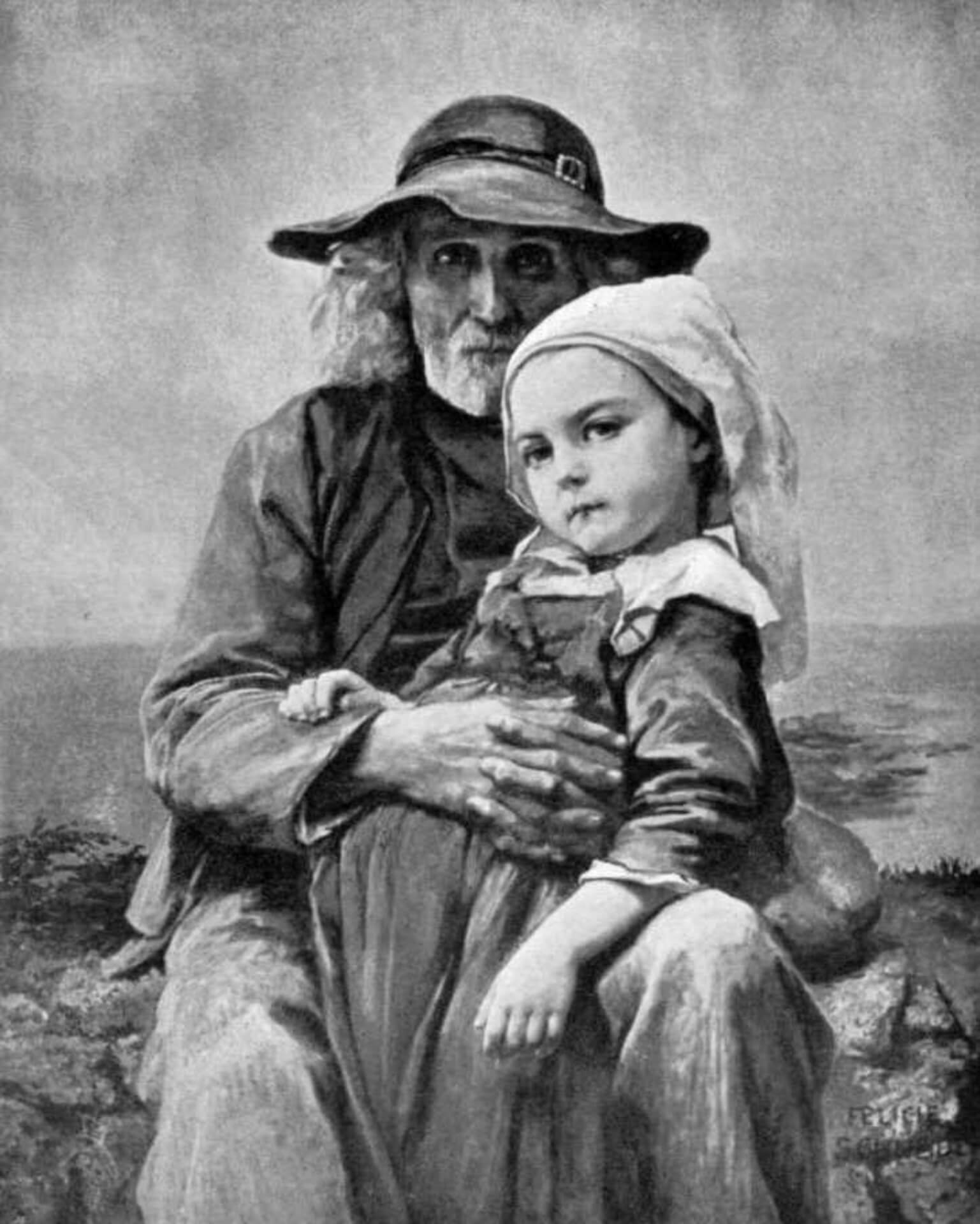
Memory and Trauma: We Are More than What We Remember
An interview with neuroscientist Daniela Schiller about how current neuroscience research relates to psychotherapy and the close connection between memory and narrative.
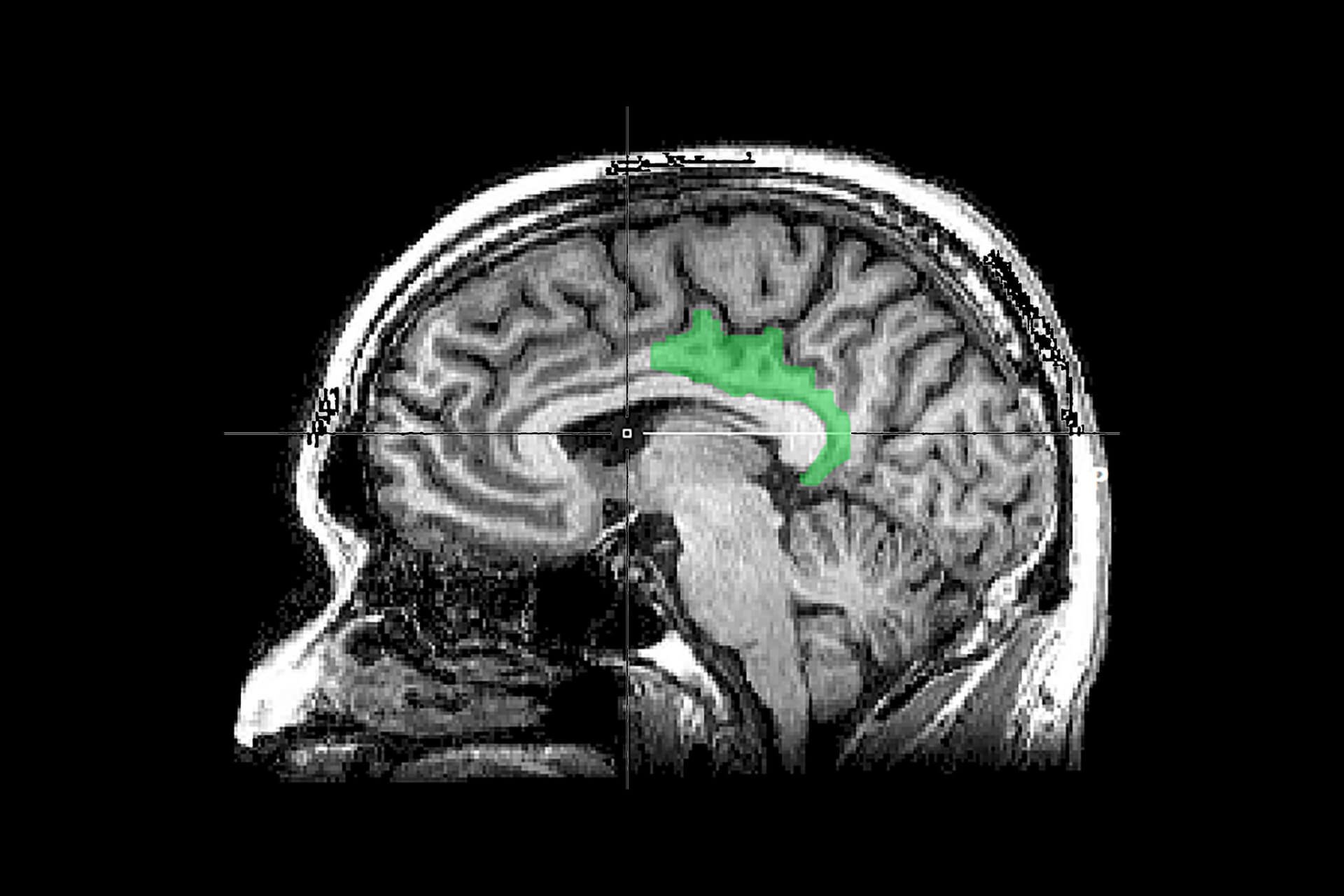
How the Brain Stores Traumatic Memories
An interview with neuroscientist Daniela Schiller, co-author of a recent study offering evidence that the brain encodes traumatic memories differently from other memories.

Revenge Is Rarely Sweet
Revenge is a universal human instinct, yet experimental research suggests its impact on us when we pursue it is more complex than we may realize.
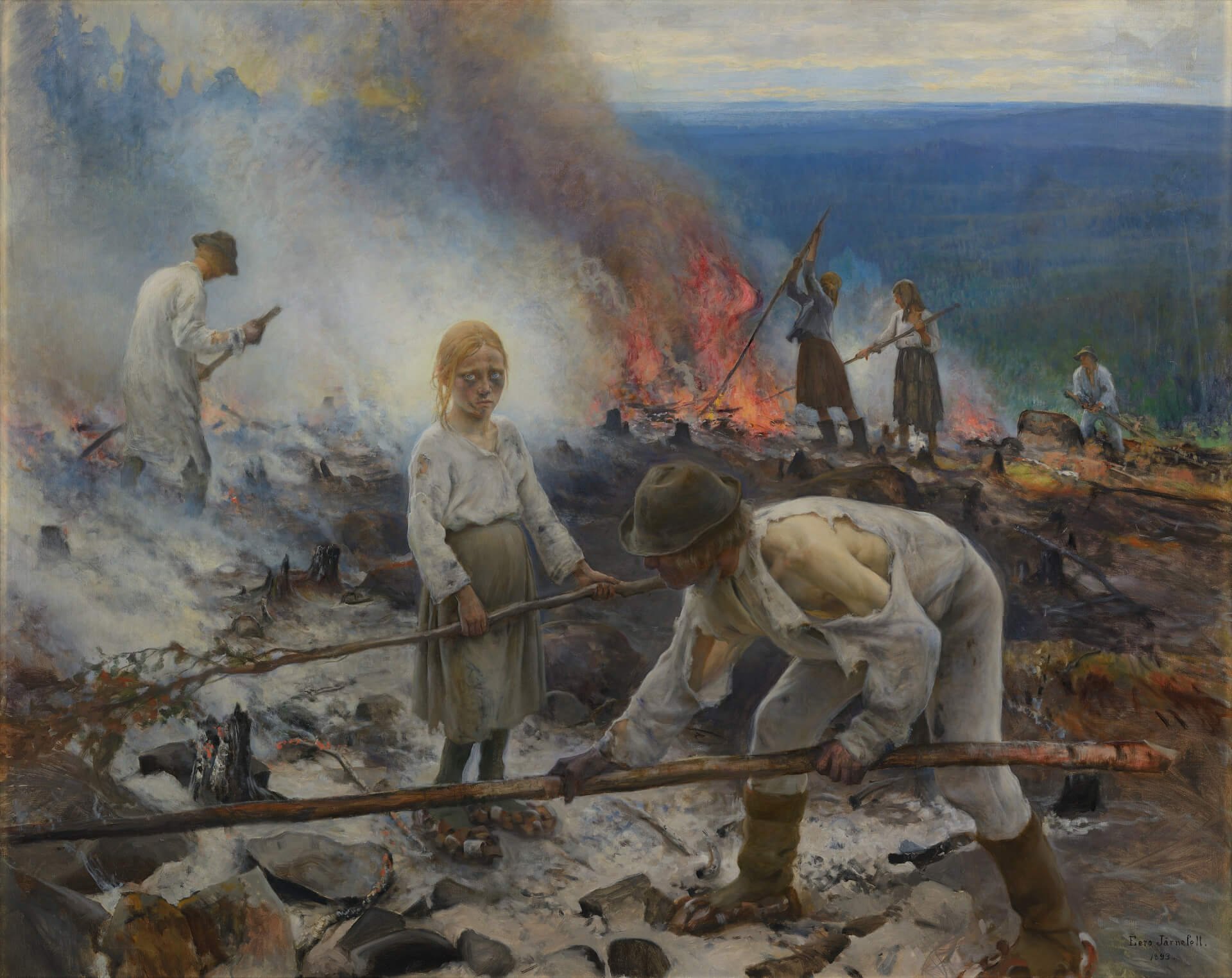
The Long Battle of Cruelty and Empathy
We have rationalized acts of cruelty since the beginning of humankind. How does empathy or the lack of empathy impact our capacity for cruelty?

Using Storytelling and Hypnotherapy to Bring About Change
Psychotherapist and educator Melinda Bailey explains the benefits of using storytelling and hypnotherapy in her couples therapy practice.

Treating Some Common Issues in Couples Therapy
Psychotherapist Melinda Bailey discusses the treatment of common issues encountered in couples therapy.